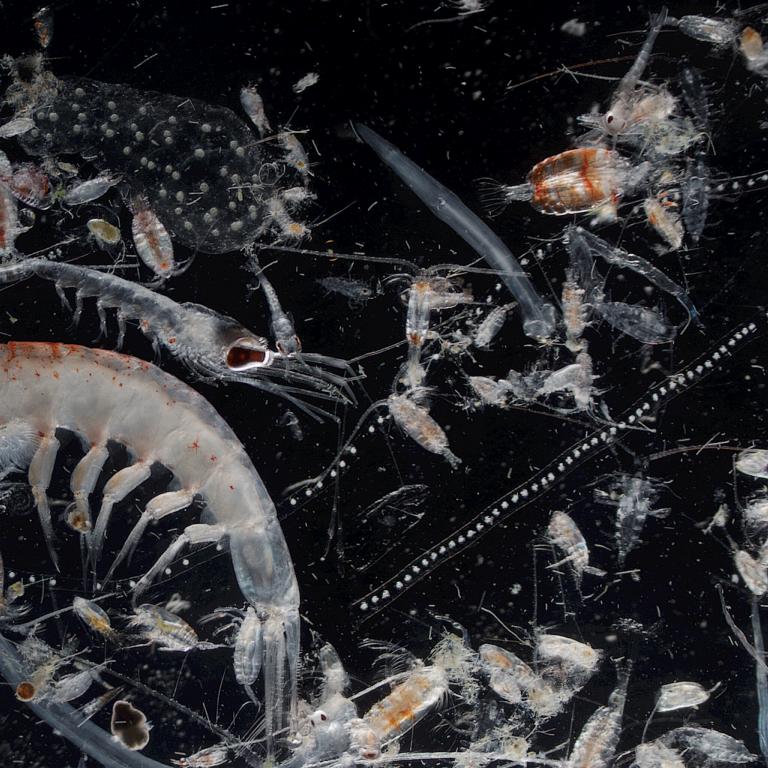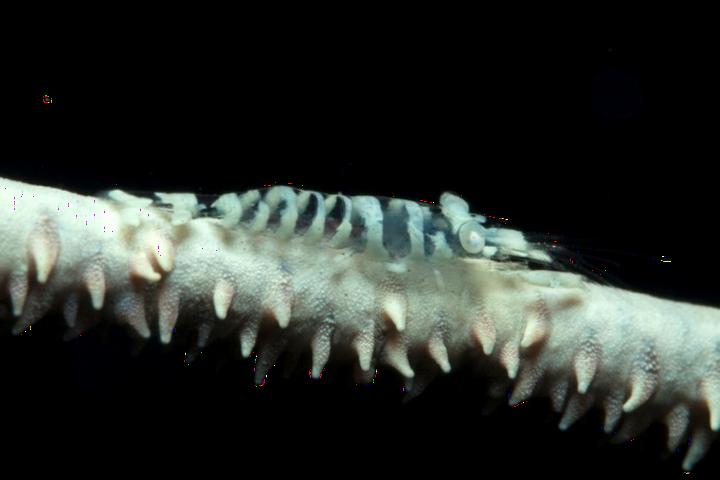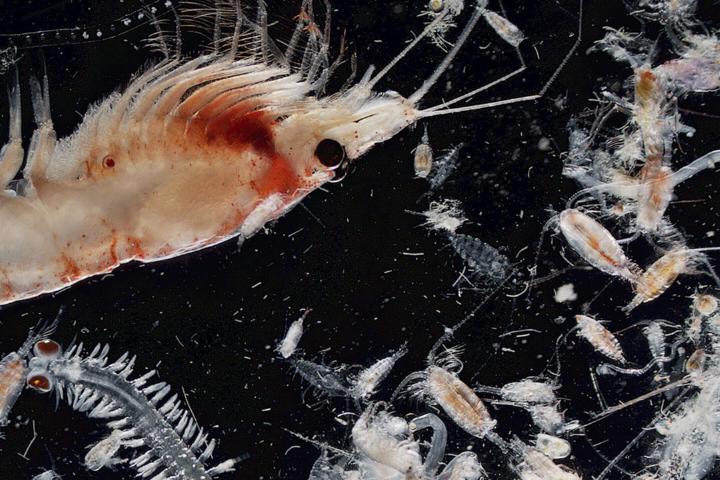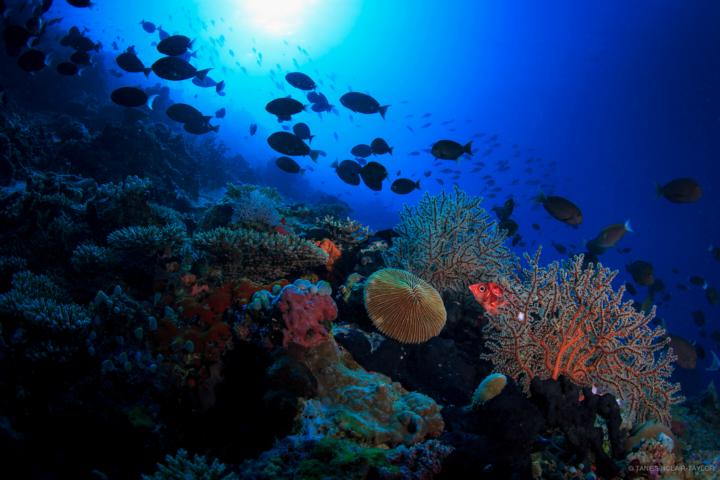
We study the diversity, distribution, evolution and ecology of marine animals from diverse habitats ranging from the open ocean to coral reefs and marine lakes. We employ a combination of morphological, molecular and experimental approaches to obtain a better understanding of the evolutionary history as well as the resilience of marine biodiversity. Our overall aim is to provide insight into the processes that generate and maintain marine biodiversity on ecological as well as evolutionary timescales. This information can be applied to the conservation of these organisms, in particular in the light of global change and direct human impacts.

Whoworks here
Katja Peijnenburg
AlumniAffiliated researchers
Our programmes& research themes

Caribbean marine biodiversity

Evolution in the open ocean

Reef resilience

Marine invertebrate genomics
Teaching activities
Members of the group 'Marine Evolution & Ecology' contribute lectures and hands-on lab practicals to BSc and MSc biology courses at Dutch universities in Leiden, Groningen, Wageningen and Amsterdam.
Additionally, we regularly supervise individual research projects at BSc or MSc level. If you are interested in doing a project with us, drop any of the researchers an email.




















